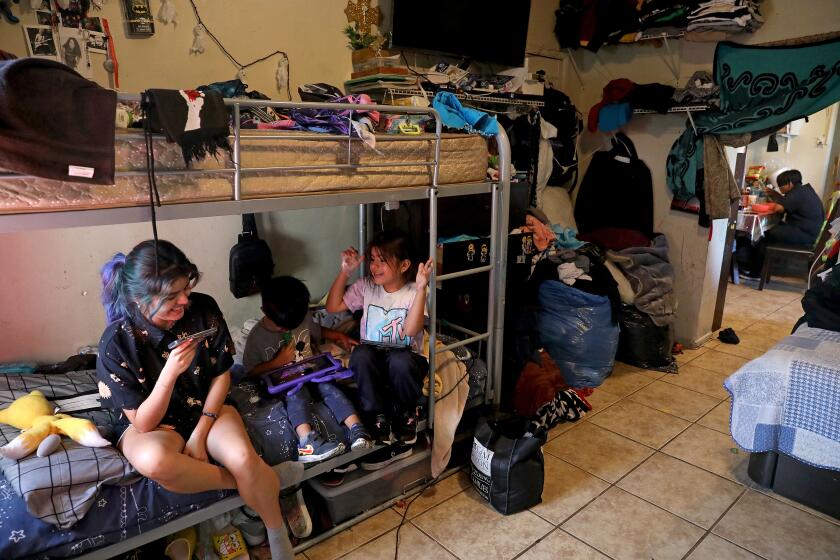Q&A: Recognizing the hallmarks of an online rental scam
Question: My boyfriend and I have been saving up to move into a place of our own, but we are having difficulty contacting our new landlord.
We found an apartment listed on Craigslist and sent an email indicating our interest. The landlord responded by telephone and told us that, although he was out of town on business, we were free to stop by and take a look at the apartment. We drove by, decided we loved the place and called him to let him know we wanted to be his tenants.
His attorney shortly thereafter sent us a one-year lease agreement. We signed the lease and paid him first and last month’s rent, using an online cash card because the landlord was out of town and he had indicated that an immediate move-in required prompt payment.
Now we are receiving calls from the landlord’s attorney saying that we must send additional money as a security deposit before they will transfer the keys to us. Should we send the deposit even though we don’t think the lease requires it?
My friend says this might be a rental scam, but the phone calls are coming from a local area code and the landlord is listed as a community college professor on the Internet. How should we proceed?
Answer: You are right to be concerned about a possible rental scam. You should take several immediate steps to investigate.
You can search for this supposed attorney in the state bar association database. If you can locate the name, then you should call the attorney at his or her office and demand that the keys be transferred immediately.
If a security deposit is not part of the signed lease agreement then you would be under no obligation to provide a security deposit. And you should demand that the deposit request be withdrawn. Any reputable attorney would respond to these concerns.
However, if you find that no such name exists in the state bar association database then it is time to begin thinking that someone is committing fraud at your expense. There are several red flags in your narrative.
First, while Craigslist is a widely accepted place to find rental units, it is also a common mechanism for rent scammers. You should always, without exception, meet your prospective landlord or the landlord’s agent in person. A landlord who is eager to rent a property can certainly make time to meet prospective tenants.
Second, you mentioned that you drove by and loved the property but also that keys were never made available. It is common for rent scammers to advertise vacant properties and suggest that people drive by to take a look. You should not rent a property without the landlord or agent first granting you access to the interior, which allows you to examine whether the property is suitable and whether the person offering to rent actually has access to the rental unit.
Third, paying online without ever having met the landlord or ever having been allowed entry to the rental is strongly indicative of a rental scam. There are other payment methods that protect against fraud to different extents.
Finally, the fact that you received a phone call from your local area code does not mean that the call is not actually originating from overseas. Professional fraudsters are adept at using Internet phone protocols to disguise their origin in ways that make them appear to be local residents.
The same is true of an apparently legitimate identity. Scammers might use the name of someone who is deceased or who they know cannot be immediately contacted because they are traveling or unavailable for some other reason.
You would be well advised not to pay the requested security deposit and to contact your local law enforcement agency or the district attorney’s office for guidance and assistance. For more information, contact a local fair housing or mediation program, or Project Sentinel at (888) 324-7468, or visit our website at https://www.housing.org.
Van Deursen is director of Dispute Resolution Programs for Project Sentinel, a Bay Area nonprofit. Send questions to info@housing.org.






